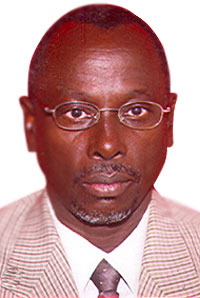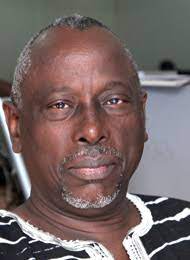On Rwanda media is creative but not truthful
MOST PEOPLE turn to newspapers and other media for news and information. Seldom do they see the media as a source of fiction. For that they go elsewhere.

Joseph Rwagatare

